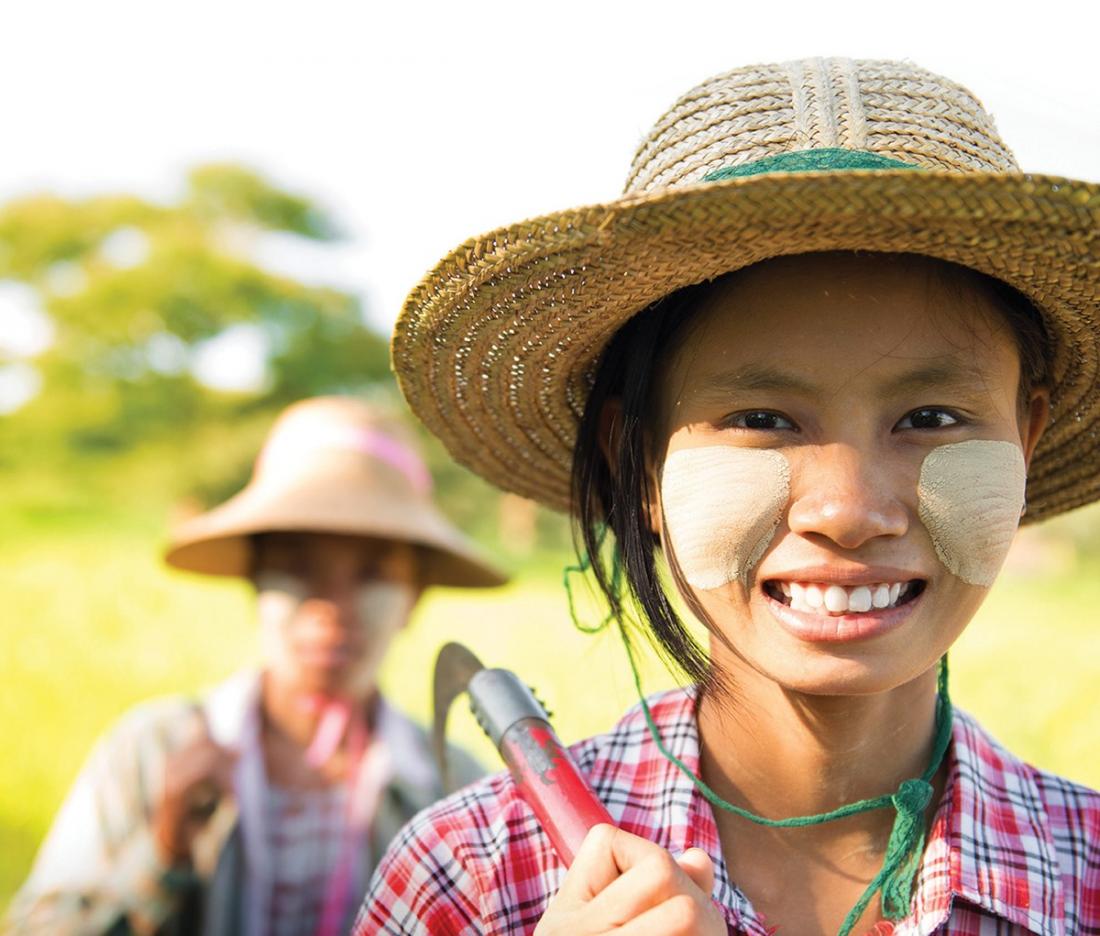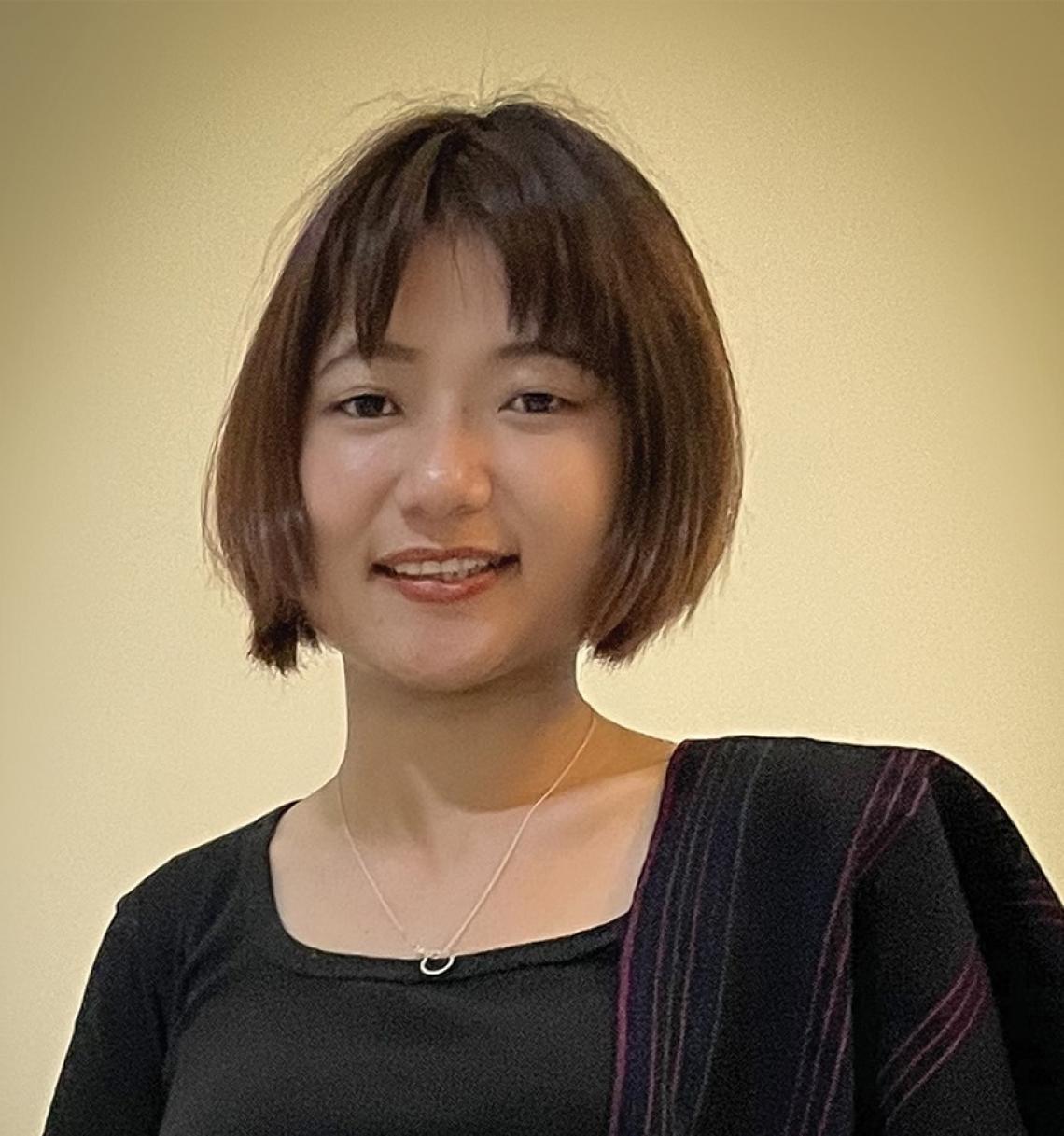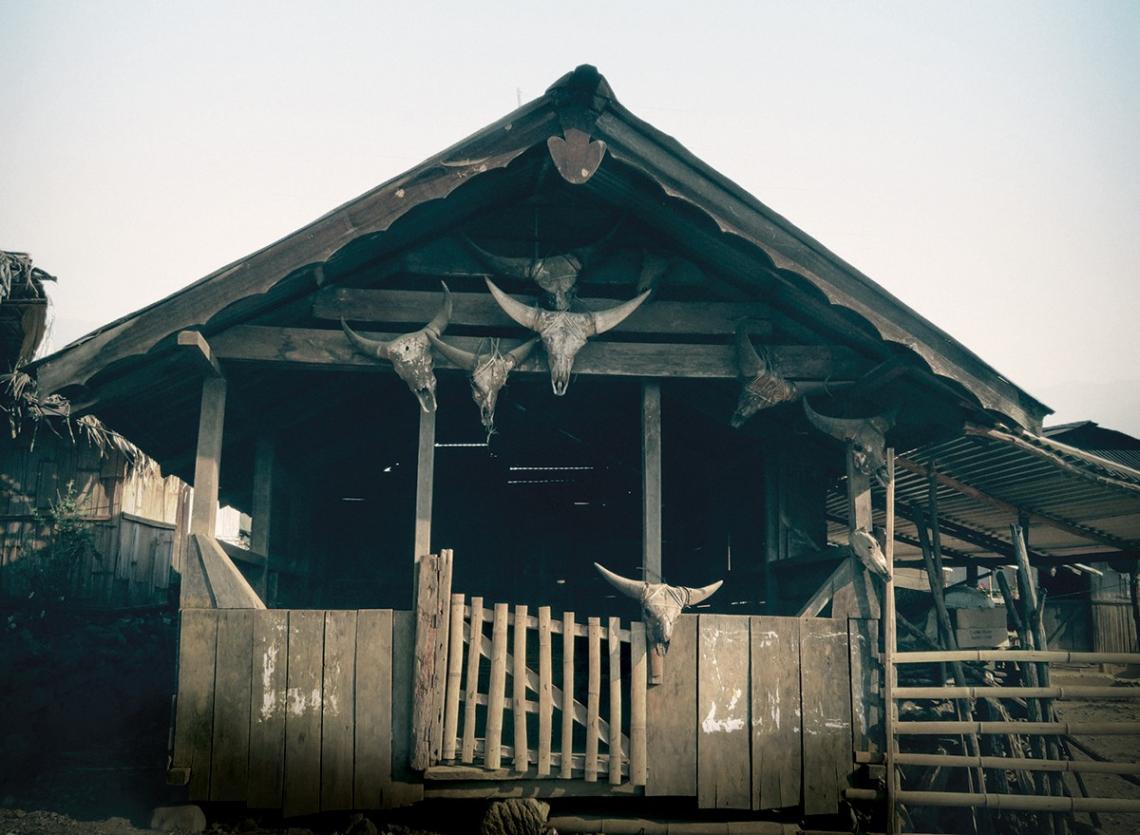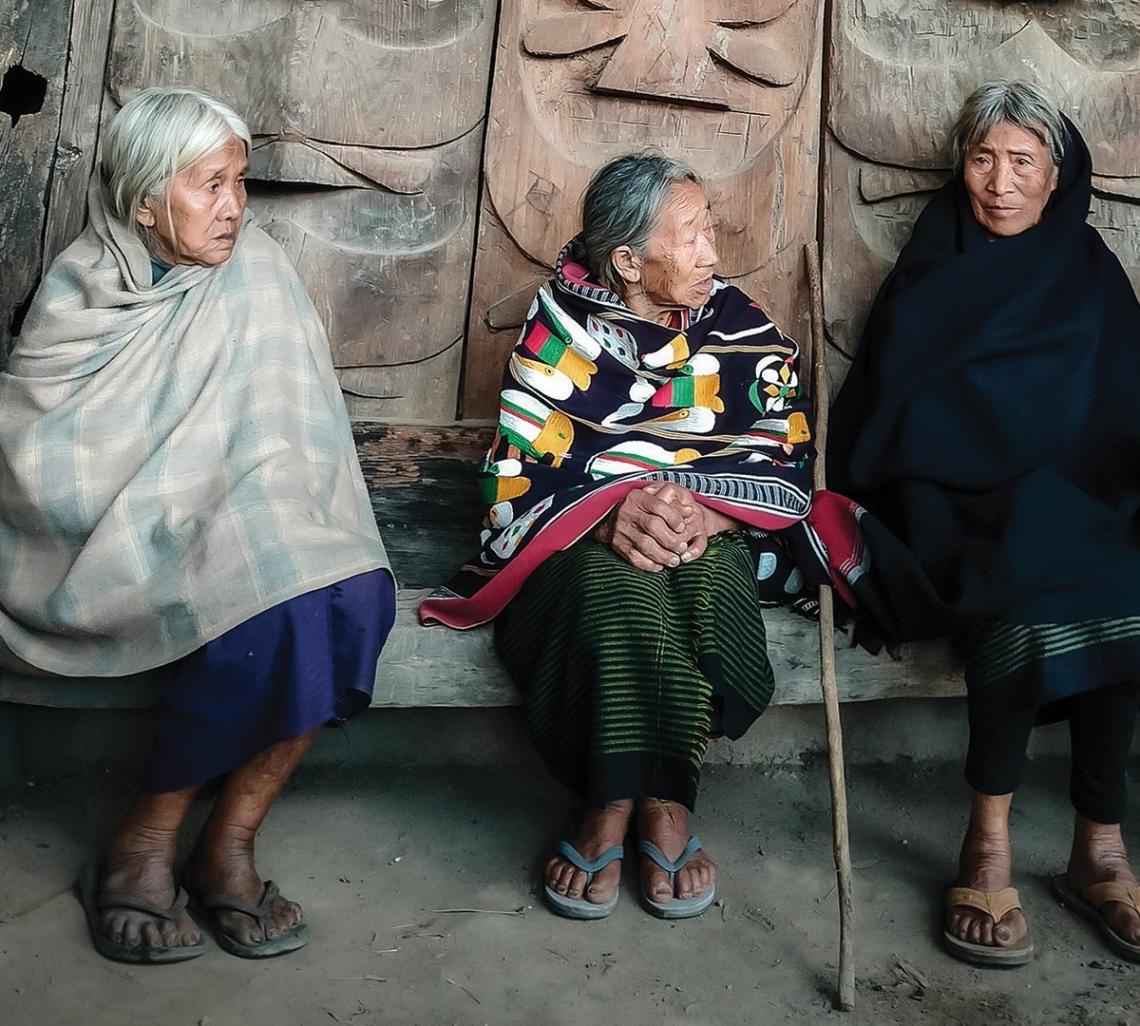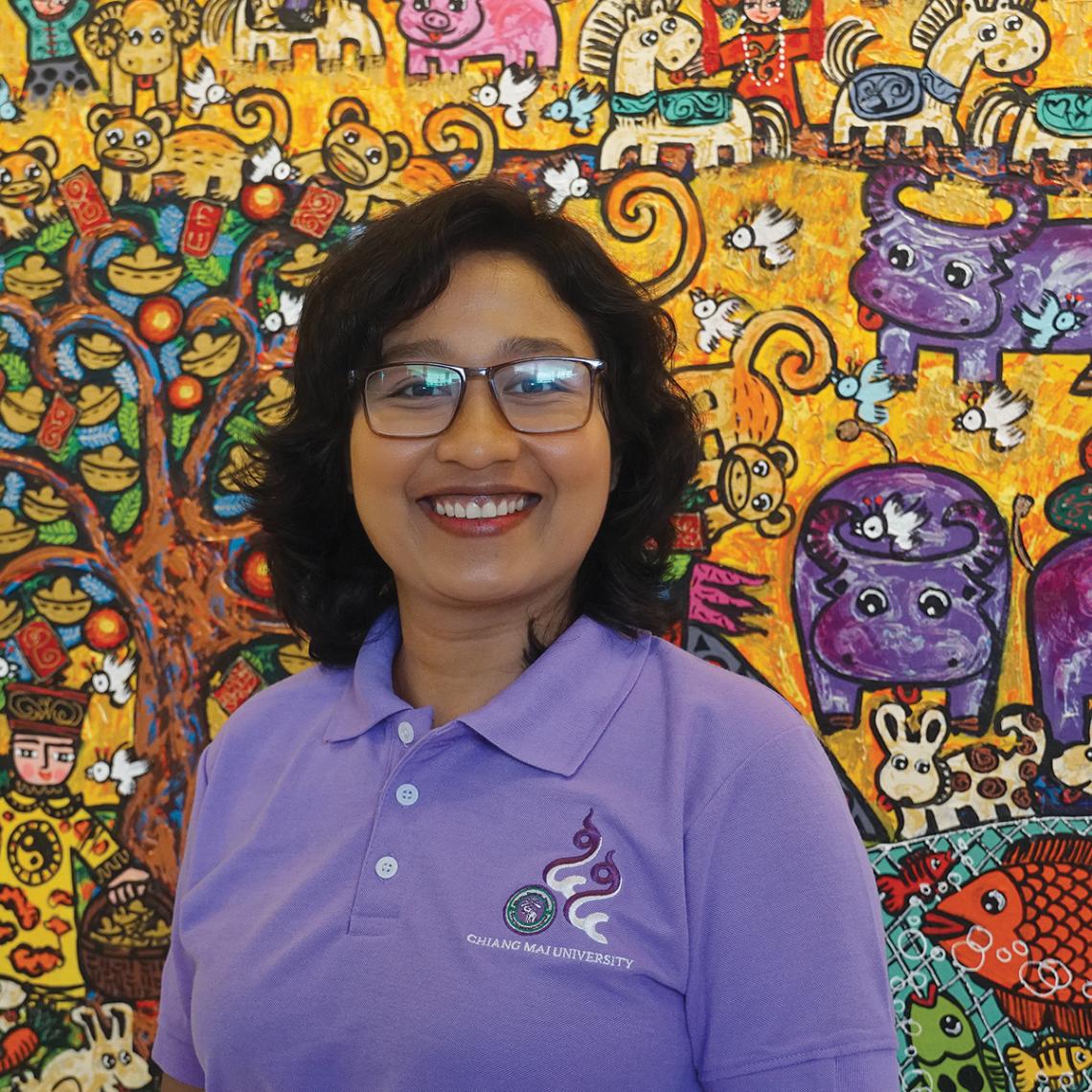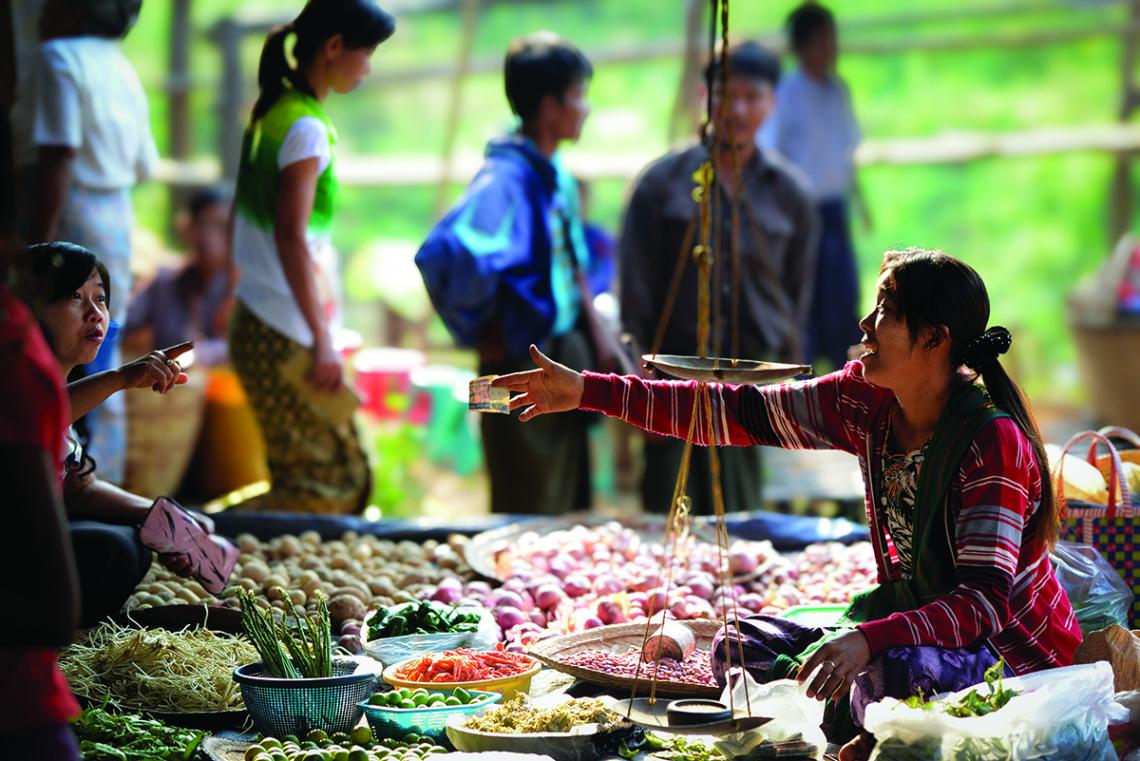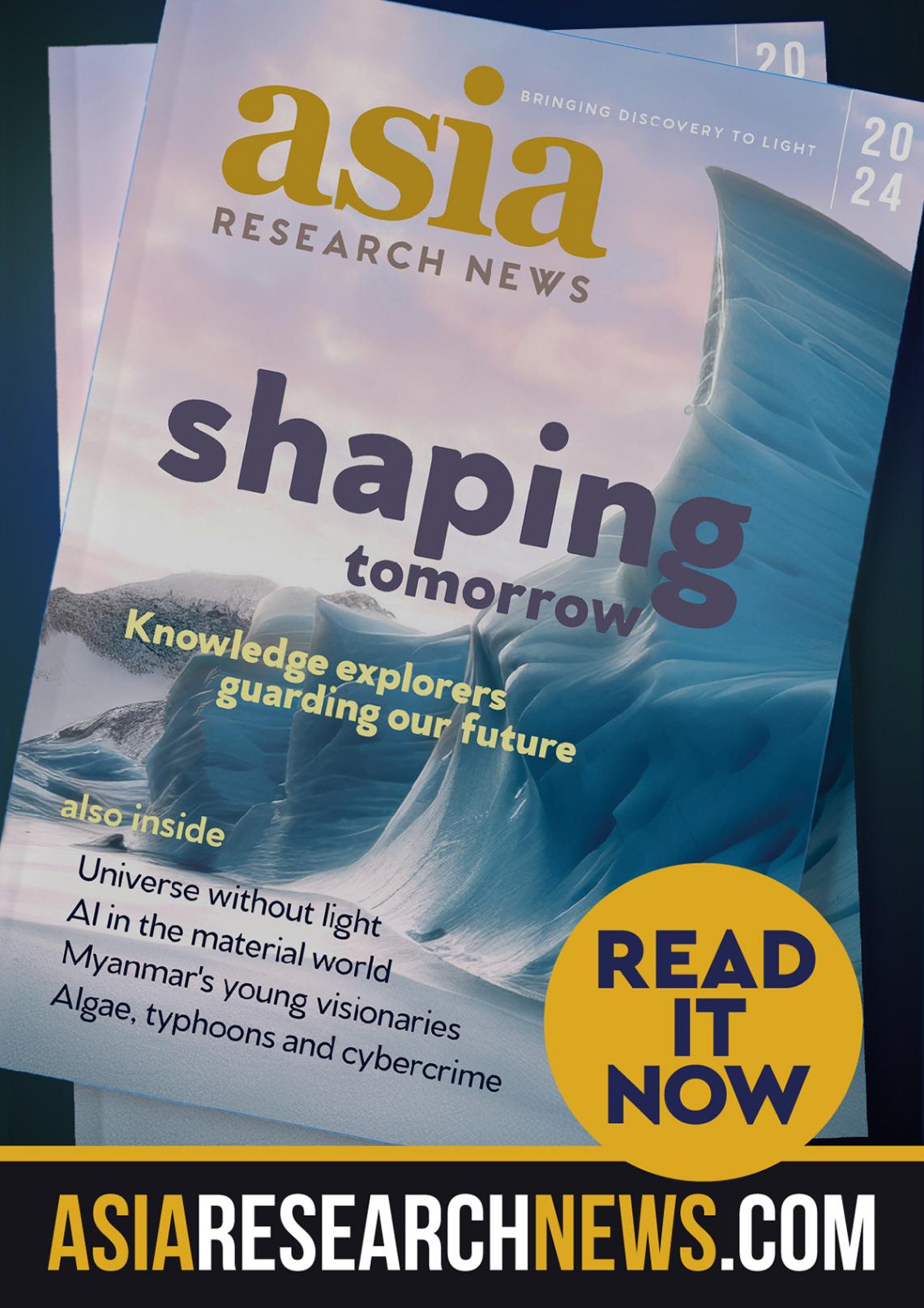This story is featured in the Asia Research News 2024 magazine. If you would like to receive regular research news, join our growing community.
Get the news in your inbox
Since 2017, the Knowledge for Democracy Myanmar initiative (K4DM) has been working with researchers to support research and higher education capacity to generate evidence-based advice for public policy. Now in its second phase, the initiative continues to advance inclusion, diversity, gender equality and democratic values through research fellowships, policy training and cross-border capacity building. In this article, we get to know three fellows making strides in their respective fields, advancing knowledge and changing lives.
Aye Lei Tun: Catalyst for change
Aye Lei Tun
The 2021 military coup in Myanmar has killed thousands and forced millions from their homes. Yet, devastation brings changes. In a recently published study, Aye Lei Tun, explored gender attitude shifts after the 2021 coup. The study looked at changes in perceptions surrounding cultural taboos, misogynistic notions on marginalised gender groups, and the evolution of women’s political engagement.
“I wanted to understand the driving forces in gender equality movements sparked by the coup and their impact on women's participation in politics,” Aye Lei says.
Aye Lei also looked into the obstacles faced by women in obtaining Myanmar’s National Registration Card, a crucial document for equal citizenship rights. “Women, especially from minority groups, encounter discrimination, sanctioned by patriarchal policies, in the application process,” she explained.
She has also co-authored a chapter in the book Putting Women Up: Gender Equality and Politics in Myanmar. Funded by Canada’s International Development Research Centre (IDRC), the book explores women’s experiences in political parties in Myanmar. In the chapter, Aye Lei provides insights into political parties, candidate selection methods, and their effects on women’s participation, shedding light on persistent gender inequality in Myanmar politics.
Aye Lei Tun is currently pursuing a PhD at Canada’s McMaster University, focusing on Myanmar gender and media-related studies. She is a novelist and previously worked as a journalist in Myanmar.
Further information:
Aye Lei Tun
[email protected]
McMaster University
Saktum Wonti: Guarding Knowledge
Saktum Wonti
Saktum Wonti is an Earthkeeper. She and colleagues at Nagaland’s Highland Institute, chronicle traditional ecological knowledge and the impact of climate change on tribal communities along the Indo-Myanmar border. Their work offers a first-hand look into issues confronting the tribal communities.
With a master’s degree in Anthropology and ancestry from a tribe herself, Saktum brings a personal connection to her research. “The community that I’m from is one of the tribes residing along the border,” Saktum explains. “They face challenges resulting from an imposed international border which divides families and villages and disrupts Naga traditions linked to the land.”
Skulls of Mithun (Bos frontalis) are an indicator of social status in rural Naga society.
Elderly women from Chakhesang tribe in Zhavame village. Photo taken during fieldwork.
For example, there are about 200 Khiamniungan villages, fifty of them are in India while 150 other villages are in Myanmar. In some cases, villagers have homes in India while their ancestral farms lie in Myanmar. The border, established during British rule in 1826, was imposed without consultation with tribal leaders.
The restriction to free movement within the ancestral tribal territories straddling this border has led to struggles for land and cultural preservation. Many villages have been left behind, lacking roads and basic amenities like markets and healthcare, requiring residents to walk for days to buy food and seek medical care.
Saktum Wonti and her colleagues speaking with seniors and representatives of Dan Village in Nagaland which is located in India but its cultivable fields lie in Myanmar.
Saktum and the Highland Institute are also helping find ways to address climate change effects. The team is working on conserving traditional foods by substituting current ingredients with those expected to be available in 2050, reviewing changes in cooking and diets whilst collaborating internationally on issues affecting critical regions like the Himalayas, Arctic, and the Amazon.
They participate in local events like the Biodiversity Festival which empowers women of diverse backgrounds and sustainable biodiversity through activities like the revival of traditional climate-resilient crops and seed exchanges from different regions, contributing to the conservation of diverse plant varieties and sharing of indigenous traditional knowledge.
Further information:
Saktum Wonti
[email protected]
Highland Institute
Ngu Wah Win: Inclusive economics
Ngu Wah Win
Ngu Wah Win stands out for her influential contributions to the economic empowerment of women in Myanmar. “As a child from humble origins, my mother’s dedication taught me the value of work. Later in life, I faced numerous barriers as a woman seeking employment, despite my high qualifications,” says Ngu Wah. “These challenges inspired me to study labour markets, employment opportunities, and gender equality.
Ngu Wah has already made an impact in Myanmar's economic reforms with research to calculate the country’s first minimum wage, leading to the governmen adopting a minimum wage in 2015. This significantly improved conditions for women especially in the manufacturing and garment industries. "Prior to that, women were vulnerable to exploitation through lower wages compared to their male counterparts,” asserts Ngu Wah. “The gender inequality was obvious in both low-paying jobs and the limited promotion opportunities for highly educated women."
Her commitment to advancing gender equality is evident in her research on gender wage gaps, economic contributions of women, and the challenges they faced. Through collaborative research with researchers in Cambodia, Laos, and Vietnam, she highlighted how home-based online gig work can economically empower women and its impact during the Covid-19 pandemic.
Ngu Wah is currently pursuing her PhD in Thailand’s Chiang Mai University, looking at the economic contributions of migrant workers in Thailand and the ASEAN region, especially those in domestic service which are 95% female. Additionally, Ngu Wah continues to actively engage with policymakers and to advocate for legal pathways and social protection reforms within the ASEAN region, showcasing her dedication as a driving force for positive change and the creation of a more inclusive and equitable society.
Further information:
Ngu Wah Win
[email protected]
Chiang Mai University
K4DM is an initiative of the International Development Research Centre (IDRC) in partnership with Global Affairs Canada.
Asia Research News is K4DM's communications consultant.
Read more about Knowledge for Democracy Myanmar (K4DM) initiative:
- More information about the Knowledge for Democracy Myanmar (K4DM) initiative
- How Asia Research News collaborates with IDRC for K4DM
We welcome you to reproduce articles in Asia Research News 2024 provided appropriate credit is given to Asia Research News and the research institutions featured.


